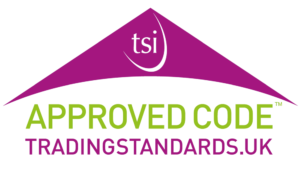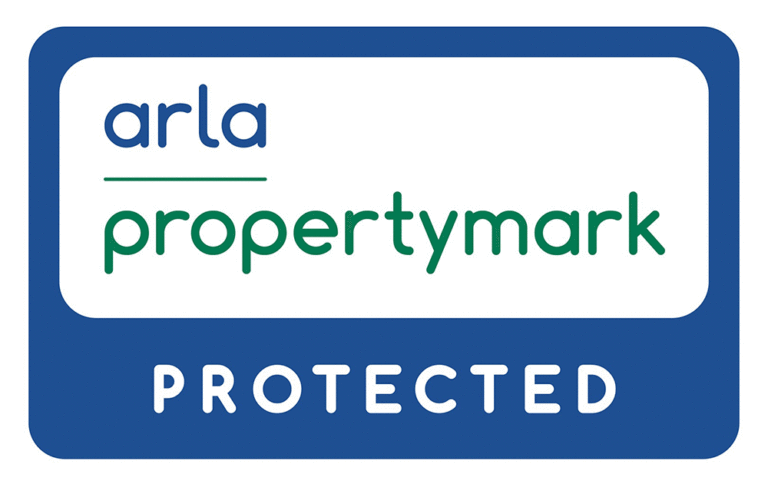The property lettings market is set to be affected by the abolition of Section 21 of the Housing Act (1988).
The UK government proposal was included in the Queen’s Speech on Tuesday 11 May as part of the Renters Reform Bill.
If passed as law, this will arguably be the most significant change to property letting legislation since Section 21 was changed in October 2015.
What is Section 21?
Currently a Section 21 can be issued by a private landlord to evict tenants at any point beyond the fixed term of their contract with just two months’ notice.
Introduced during the Thatcherite era, these ‘no-fault evictions’ have been roundly criticised for years by housing activists and charities.
A ‘no-fault’ eviction may occur, for example, if the landlord wants to return to live in the property themselves or raise capital through its sale. Landlords, however, are not obliged under Section 21 to give a reason for wanting tenants out.
Why is it being scrapped?
The government says it wants to create a “housing market fit for the 21st century”, providing more security for both tenants and their landlords.
The seeds were sown back in the Spring of 2019 following a visit to a homeless shelter in Bristol by the then housing minister, James Brokenshire.
The temporary pandemic eviction ban put the plans on hold but these have now been revived, partly in a bid to tackle the growing problem of homelessness.
What repercussions will there be for landlords?
The removal of the ‘safety net’ of Section 21 has led to a lot of concern amongst landlords.
The National Association of Property Buyers says soaring numbers of landlords are looking to sell homes and quit the rental sector.
If they do decide to continue as landlords, they may be much more rigorous in their tenancy selection process, or decide to place their property if they haven’t already done so – with a reputable and ethical property lettings agency.
… and tenants?
Rent prices have already rocketed – they were up by 8.3% at the end of 2021, according to Zoola – and any further depletions to the housing stock would push the curve even higher.
Higher rents on top of the cost of living squeeze could actually work against the government’s aim to keep people off the streets.
Will this lead to other reforms?
Following an outpouring of concern from landlords and letting agents alike, the Housing and Homelessness Minister, Heather Wheeler MP, has confirmed that the court processes for repossessing properties will be reformed if Section 21 is banned. This is designed to help strengthen the rights of landlords.
When will Section 21 will be abolished?
There is no set date and other issues may push it down the agenda. But as a guideline, it would be unrealistic to expect the changes to come into effect before the end of 2023.





